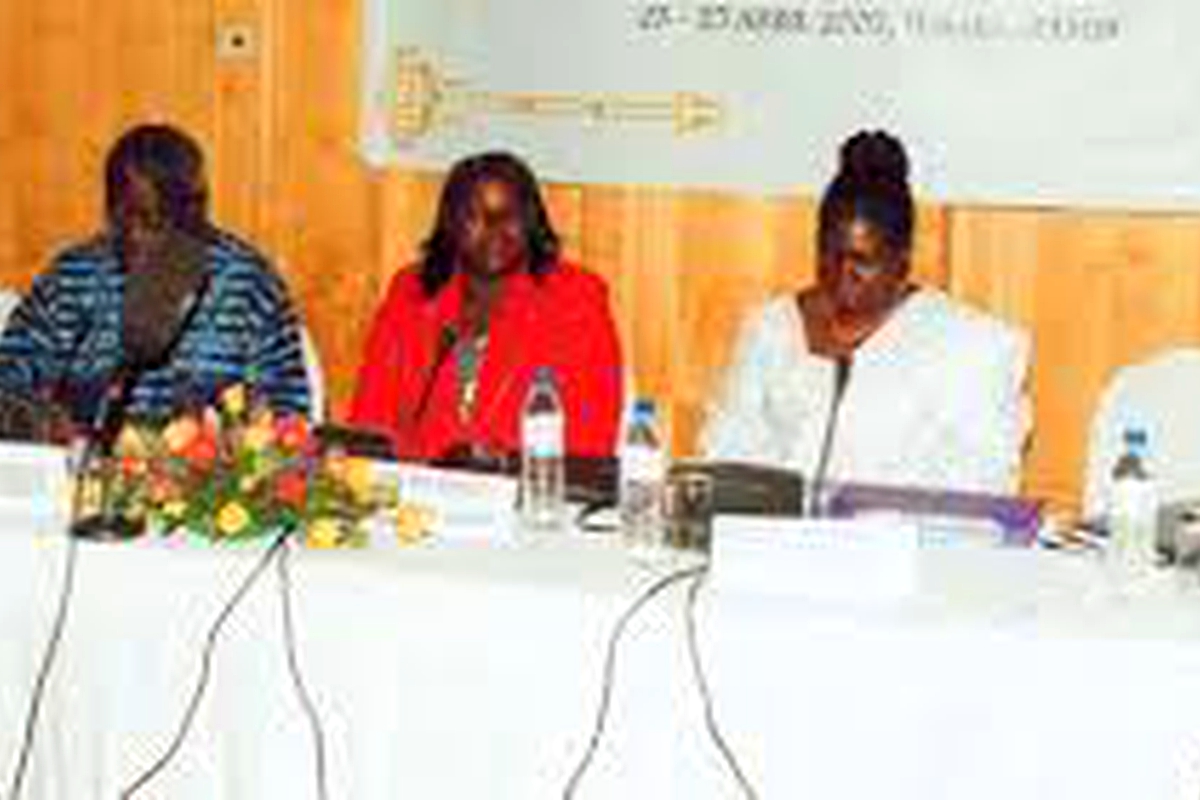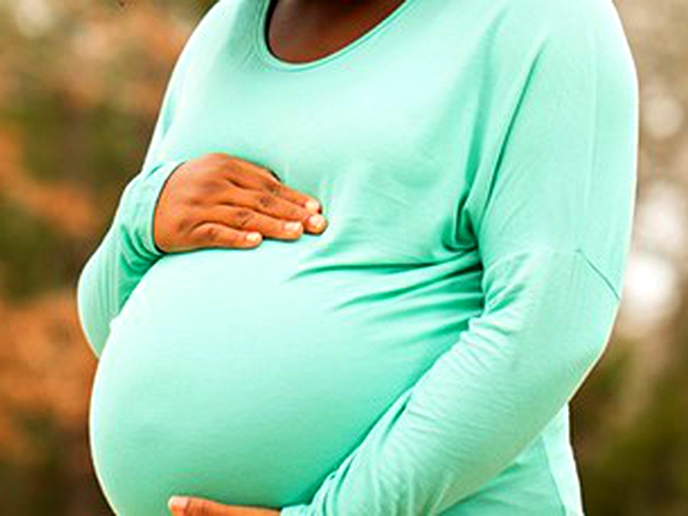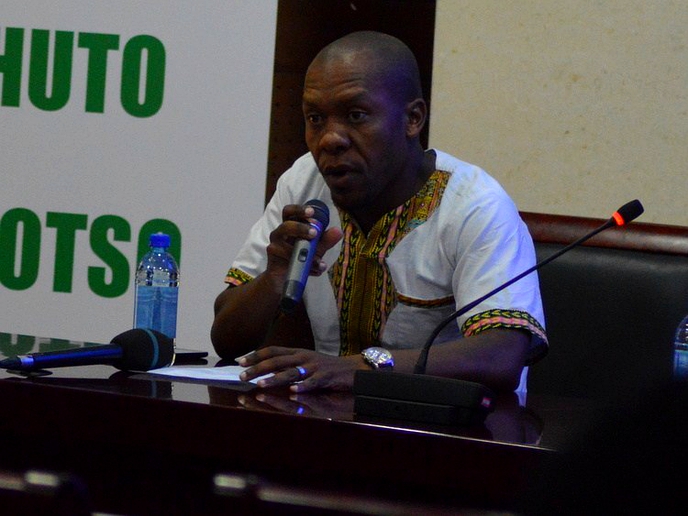The Southern African Development Community (SADC) is seeking to equip parliamentarians with tools and parliamentary strategies for moving the gender agenda forward to prevent new HIV infections. This emerged at a workshop held by the Lesotho National Women’s Parliamentary caucus for the Gender Responsive Oversight Model (GROM) last Wednesday which was officially opened by the Speaker of the National Assembly, Sephiri Motanyane.
news
June 6, 2019
LINEO MABEKEBEKE
3 min read
Sadc caucus pushes for gender parity

Sephiri Motanyane
This would be achieved through interrogating the budget and draft legislation with gender lenses, sponsoring motions and asking pertinent parliamentary questions that advocate gender equality and women empowerment. In his remarks, Motanyane said GROM was adopted by the 44th Plenary Assembly Session of the SADC Parliamentary Forum (SADCPF) as a tool that women’s can utilise to monitor and oversee the implementation of Resolution 60/2 of the Commission on the Status of Women commonly known as CSW Resolution 20/2 on women, the girlchild and HIV/AIDS, adopted in 2016. He said the resolution is premised on previous international conventions and agreements on the rights of women and children on HIV and AIDS.
Enjoy our daily newsletter from today
Access exclusive newsletters, along with previews of new media releases.
Motanyane said women and girls remain vulnerable because of the general gender power inequalities and other related challenges in daily life. Therefore the commission, through Resolution 60/2 urges member states to address issues of gender equality, women empowerment, gender-based violence and discrimination. Emphasis was put on engagement of men and boys in dealing with these issues with the aim of seeing 90% of girls enrolling and completing primary and secondary schools, and reducing early and unintended pregnancy among young girls by 75%, while increasing income, entrepreneurship, employment, credit and finance opportunities by 25% for girls.
Motanyane appealed to all to recall the UN 90-90-90 treatment target, which urges diagnosis of 90% of all HIV positive persons, provision of anti-retroviral therapy (ART) for 90% of those diagnosed and achievement of viral suppression for 90% of those treated by 2020. “Reports highlight that Lesotho’s performance on the 90-90-90 initiative is very encouraging and promising, reflecting our concerted efforts and commitment in the fight against this pandemic,” he said.
Nomkhita Gysman, a representative from SADC Parliamentary Forum, said women should stand up and have a good mission. She urged strong dedication that goes to countries which are non SADC PF because women issues are the same which is why they decided to have a delegation of women going to countries which are not part of SADCPF with the aim of enticing them to be part of the SADC PF. Gysman said: “Members of the SADC PF for the 14 parliaments are busy with youth development, and the belief is no country can develop, without young people, and we have made a point that we share the information with their parliaments.”
She further indicated that they carry out election observations as SADC PF, and ideally, whenever there is an election, there would be an observer mission. Even the regional women’s parliamentary caucus is supposed to have a representation to look at how fairly women are treated when they go for elections observation. Chair of the women’s caucus, ’Mats’epo Molise Ramakoae, highlighted that some of the underlying causes of new HIV infections targeting young women and girls aged 15 to 24 in SADC countries include feminised poverty.
Low levels of literacy, lack of food security and lack of economic opportunities for women worsen the feminisation of poverty, she further observed. On sexual and gender-based violence, she said the organisation intensifies the fight against gender-based violence by advocating education on behavioural change and enacting laws that protect women and girls. She also spoke about the economic empowerment of women on which she said there should be enactment of laws that create a conducive environment for women and girls to freely and actively participate in economic activities. This she said can also happen by giving women equal opportunities in the business sector, and advocate financing and access to resources for women entrepreneurs.
Tailored for you




